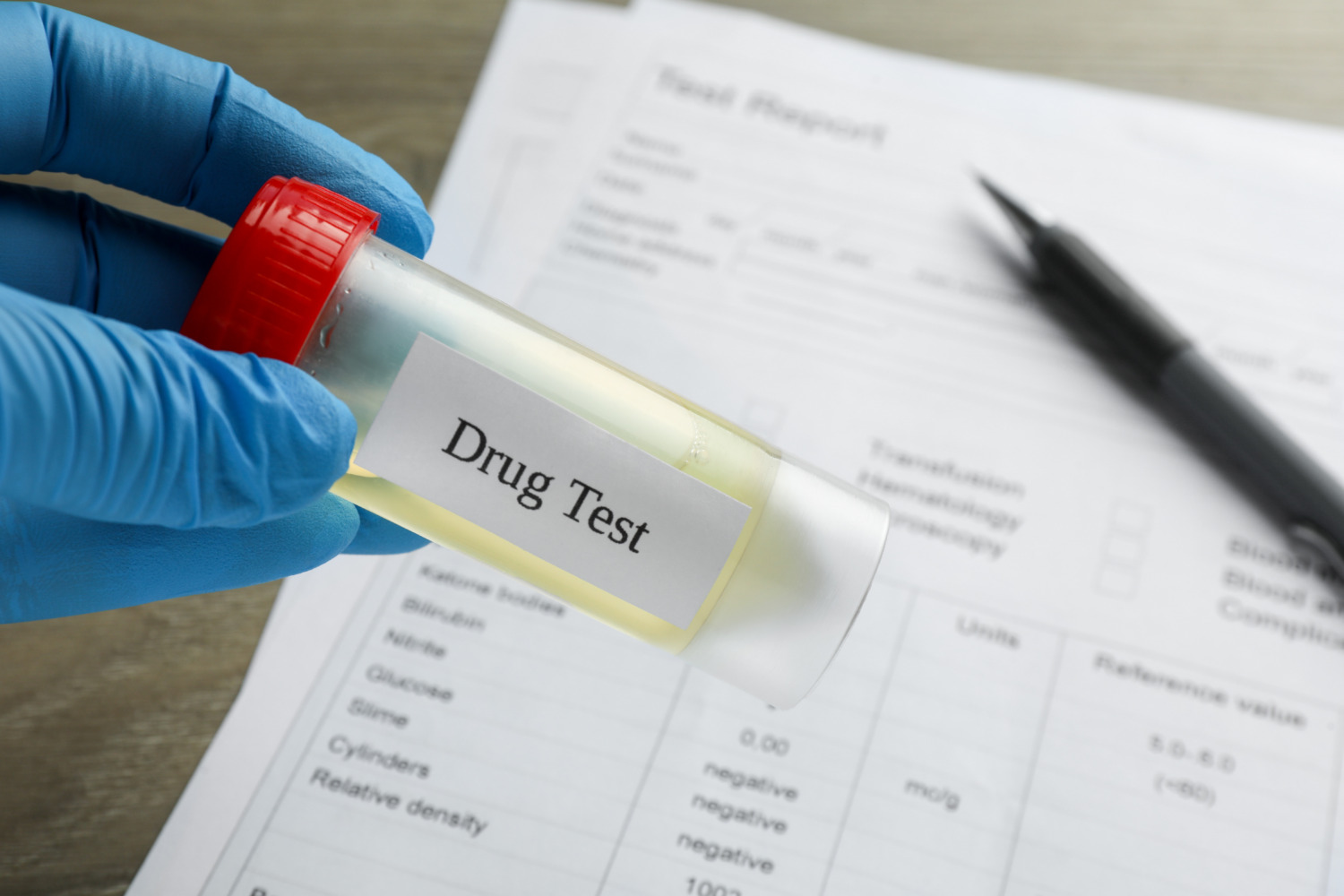The transportation industry has raised several concerns regarding the proposal to reclassify marijuana from a Schedule I to a Schedule III drug. The primary apprehensions revolve around public health, safety, regulatory consistency, and the implications for workplace drug testing. SAP Referral Services is committed to safeguarding transportation safety across the United States. Every DOT qualified SAP that we work with, and everyone at our organization, is charged with upholding effective measures to prevent accidents caused by impairment from marijuana and other substances.
Top Concerns with the Possible Reclassification of Marijuana
Reclassifying marijuana to Schedule III, which denotes a lower potential for abuse compared to Schedule I substances, could lead to a public perception that marijuana is safe for use. This perception could undermine efforts to educate the public about the potential risks and adverse effects associated with marijuana consumption, including impaired cognitive function, addiction, and mental health issues such as anxiety and psychosis.
From a safety perspective, we are particularly concerned about the implications for workplace safety. Many modes of transportation, such as FTA, FMCSA, FAA, FRA, USCG and PHMSA, rely heavily on drug testing to ensure that employees are not impaired while performing safety-sensitive tasks. Marijuana’s impairing effects can pose significant risks in these environments, potentially leading to accidents and injuries. Reclassifying marijuana as a Schedule III drug could complicate the legal landscape surrounding workplace drug testing and employer policies, making it more challenging to maintain drug-free workplaces.
An additional concern is the potential that marijuana might be rescheduled without a “Safety Carve-Out” for federal testing. A carve-out would create exceptions allowing for different standards regarding marijuana use at the federal level compared to state or private sector regulations. Without these exceptions, we are concerned about a confusing regulatory environment, particularly for employers and employees operating under federal jurisdiction. For instance, if there is a carve-out, federal employees, including those in critical sectors such as aviation, transportation and maritime, would face different marijuana testing and use guidelines compared to state employees. Without the carve-out such inconsistencies could undermine the effectiveness of drug testing programs, potentially leading to loopholes that impair safety protocols.
Contact SAP Referral Services if You Need a DOT Qualified SAP
At SAP Referral Services, we have overall concerns about reclassifying marijuana into a Schedule III drug. We strive to help DOT mandated safety sensitive employees and employers prevent accidents caused by impairment from marijuana and other substances. We urge you to submit a comment to the DEA using NDASA’s link and express your concern about the rescheduling of marijuana.
If you or one of your employees is looking for DOT qualified SAP, contact us for more information about our services.
